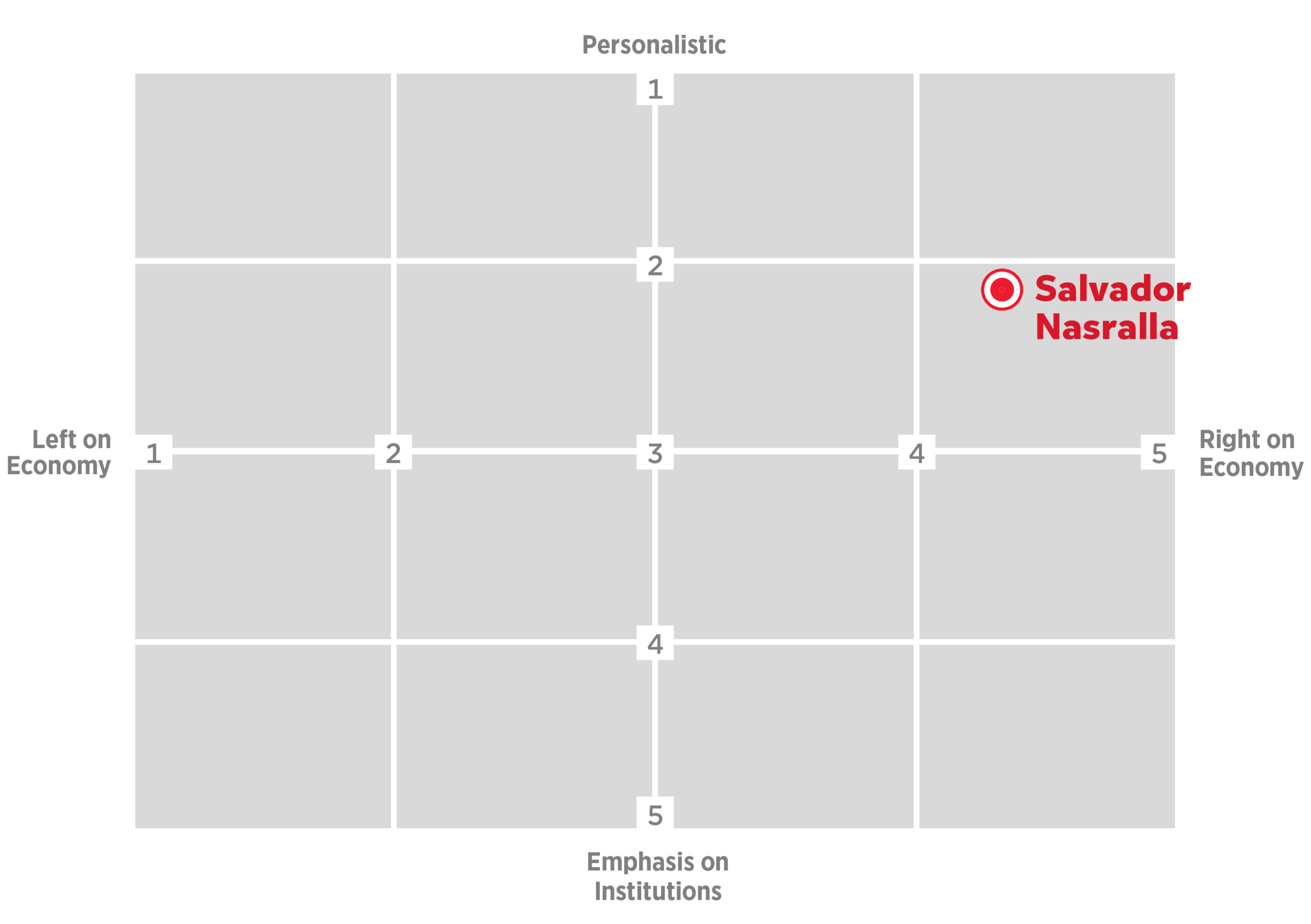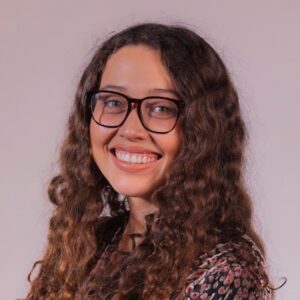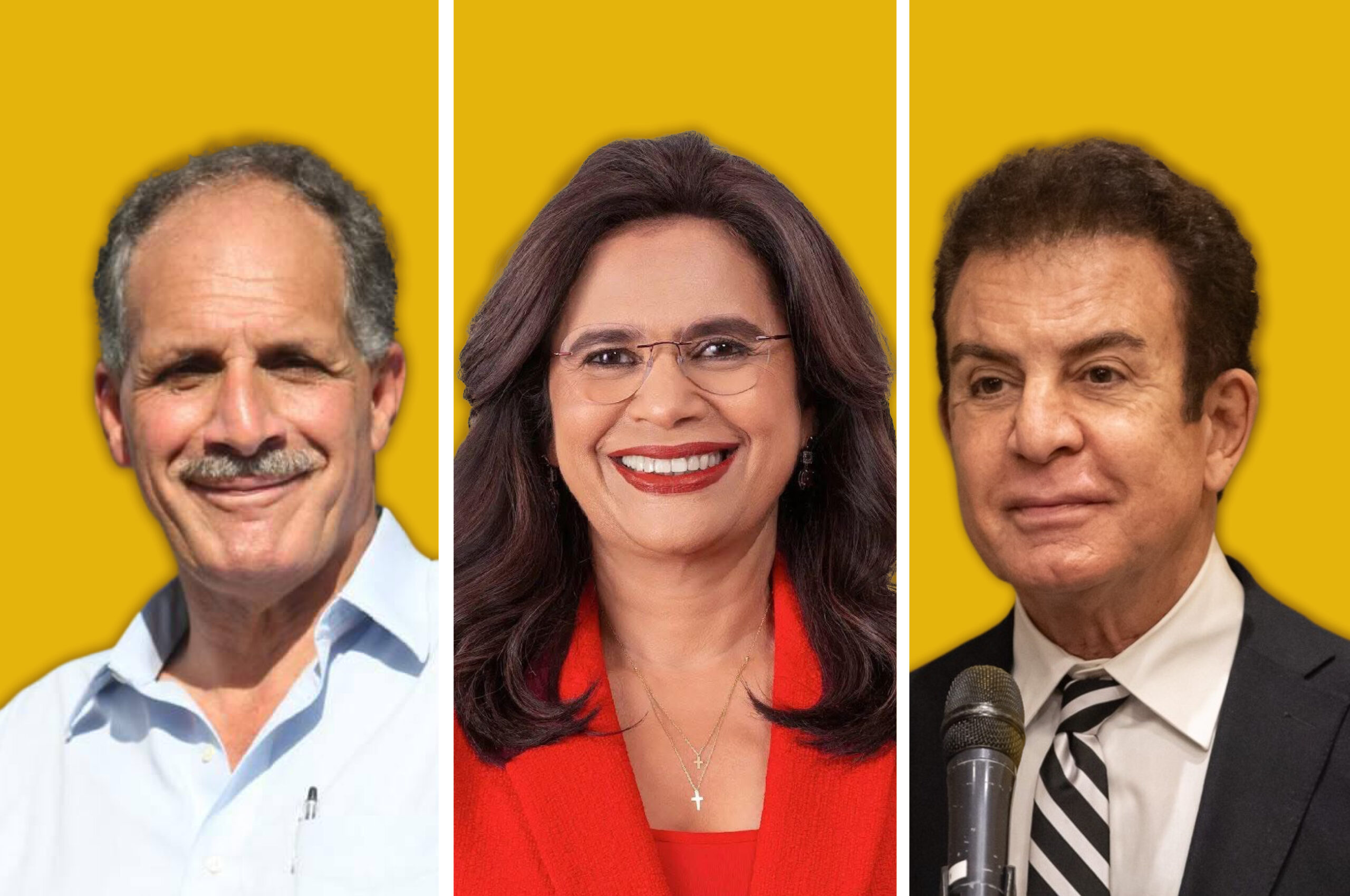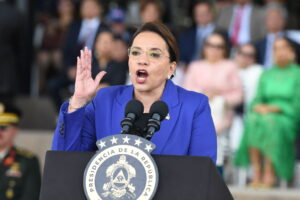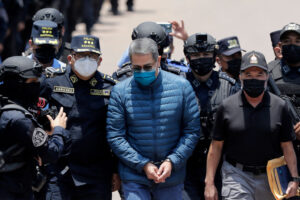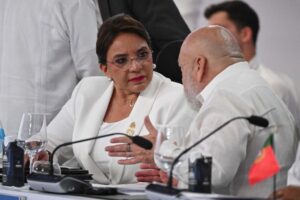This page was updated on November 20th
On November 30, around 6.3 million Hondurans will vote in a single-round contest to elect their next president. The vote will also decide 128 congressional seats, 20 seats in the Central American Parliament (Parlacen) and close to 300 mayoral positions.
The contest will take place amid lingering doubts about the integrity of the electoral system. The March primaries were marred by disagreements between President Xiomara Castro’s government and the opposition over the handling of the electoral process, as well as inconsistencies within the national electoral council. Analysts warn that if these issues recur in the November election, the results could be contested, accusations of fraud may rise, and the risk of post-election unrest would increase.
Past accusations of fraud and the weak autonomy of electoral institutions have led to a widespread sense of mistrust and deep political exhaustion. Recently, the chief of the armed forces announced that the military would request a copy of the ballots to allegedly safeguard election results. The announcement was met with sharp criticism. It’s widely accepted that, if no candidate wins by a wide margin, the elections will be contested.
Three main issues are on voters’ minds: the economy, especially in relation to job creation; security, which is largely tied to the expansion of organized crime throughout the region; and perhaps most importantly, corruption, which continues to erode public confidence in institutions. A series of corruption scandals and accusations of nepotism has led many Hondurans to be fed up with the political class.
Candidates polling above 20% in a September CID Gallup survey are included below in alphabetical order by last name. AQ asked a dozen nonpartisan experts on Honduras to help us identify where each candidate stands on two spectrums: left versus right on economic matters, and personalistic versus institutionalist on leadership style. The results are mapped on the charts below. We’ve published the average response, with a caveat: Platforms evolve, and so do candidates.

Nasry ‘Tito’ Asfura
67, former mayor of Tegucigalpa
Partido Nacional
“Our party is in constant renewal, and we are moving forward, always working for democracy and freedom in Honduras.”
HOW HE GOT HERE
This is Asfura’s second presidential run following a 2021 bid that he lost to Xiomara Castro. After a brief period at the Fondo Hondureño de Inversión Social (FHIS), the longtime Partido Nacional politician served as a member of Congress (2010-2014) and mayor of Tegucigalpa for two terms (2014-22). He gained popularity through urban infrastructure projects—especially related to road improvements—and their related investments in the capital city. Asfura emphasizes his background in business and in the construction sector as essential for the presidency.
WHY HE MIGHT WIN
Despite a history of scandals and fragmentation, the Partido Nacional remains a strong political organization, boasting a loyal and dedicated base. Asfura may attract conservative voters dissatisfied with the current left-wing administration. His tenure as mayor of Tegucigalpa also increased his visibility and reputation, and he is well-liked in the capital city.
WHY HE MIGHT LOSE
The Partido Nacional’s reputation continues to be tainted by former President Juan Orlando Hernández, who is now serving a 45-year U.S. prison sentence for drug trafficking. Although Asfura has tried to distance himself from Hernández, accusations that the former president committed electoral fraud in 2017, and lingering public mistrust of the party, may make it difficult for Asfura to win over voters already weary of the political class. Asfura has been accused of corruption and mismanagement of public funds during his tenure as mayor. He has denied wrongdoing.
WHO SUPPORTS HIM
Much of Asfura’s support stems from his tenure as mayor of Tegucigalpa, particularly from those who benefited from his infrastructure projects. He is also supported by Partido Nacional’s loyalists, business elites and some rural voters.
WHAT HE WOULD DO
Asfura emphasizes the importance of attracting private investment to promote infrastructure development, specifically mentioning multinationals and the modernization of the country’s ports. He has pledged to create more jobs and said migrants being returned from the U.S. could revitalize the economy. He plans to foster U.S. trade relations and re-engage Honduras’ relationship with Taiwan by breaking ties with China, which Castro recognized two years ago.
IDEOLOGY
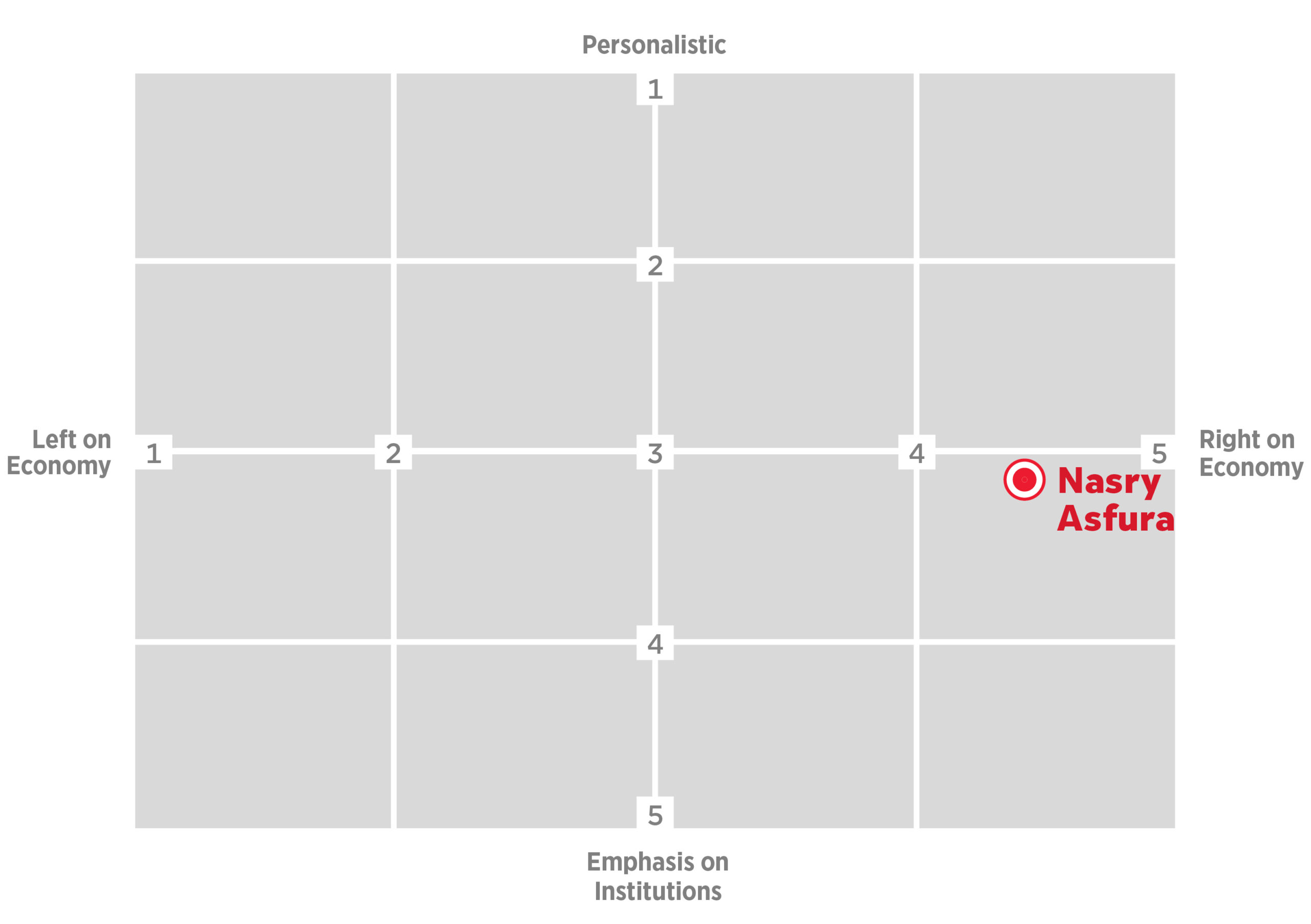

Rixi Moncada
60, former secretary of national defense
Partido LIBRE
“Democracy has a basic principle, and that is sovereignty.”
HOW SHE GOT HERE
Moncada is a close ally of President Xiomara Castro and Castro’s husband, former Honduran President Manuel Zelaya, who was ousted in a 2009 coup. She has held multiple government roles, including secretary of national defense (2024-25), secretary of finance (2022-24), and secretary of labor and social security (2006-08). As a practicing lawyer, Moncada has worked across both public and private sectors.
WHY SHE MIGHT WIN
Moncada benefits from the backing of the current administration and the support of the most powerful figures within the ruling Partido LIBRE. Her party maintains a loyal base and strong voter mobilization capacity, which gives Moncada an edge on election day. However, some analysts believe that LIBRE is working to undermine the electoral process through legal and judicial maneuvers, attempting to manipulate the results and maintain power. Moncada, on her part, has accused the opposition of doing the same, calling for the resignation of members of the electoral council that represent Asfura’s National Party, claiming they are conspiring to commit fraud. They have denied the allegations.
WHY SHE MIGHT LOSE
Voters are largely dissatisfied with her party’s record on security. While homicide rates dropped by 26.5% from 2023 to 2024, other crimes, such as extortion and theft, have kept the population worried. The extended state of emergency issued in 2022 and aimed at reducing crime has been repeatedly extended without visible results, efforts to fight corruption have stalled, and accusations of nepotism and favoritism within the LIBRE party have fueled public discontent. Moncada is also working against a growing disengagement with the political class, and her positions—openly socialist, a supporter of the Venezuelan regime, and critical of the Evangelical and Catholic Churches—could alienate voters in a largely conservative country.
WHO SUPPORTS HER
In addition to a loyal base of voters who support LIBRE, Moncada has also garnered support from rural communities, the working class, and citizens who trust or benefit from the existing political establishment and wish to see it remain in power. She has yet to reassure the private sector or attract middle-class voters.
WHAT SHE WOULD DO
Moncada has pledged to continue the social programs initiated under Castro. She has signaled plans to reform the country’s economic system, which she claims favors only 10 Honduran families. She would “democratize” the productive apparatus through a tax reform. Moncada aims to expand access to credit and promote inclusive development.
IDEOLOGY
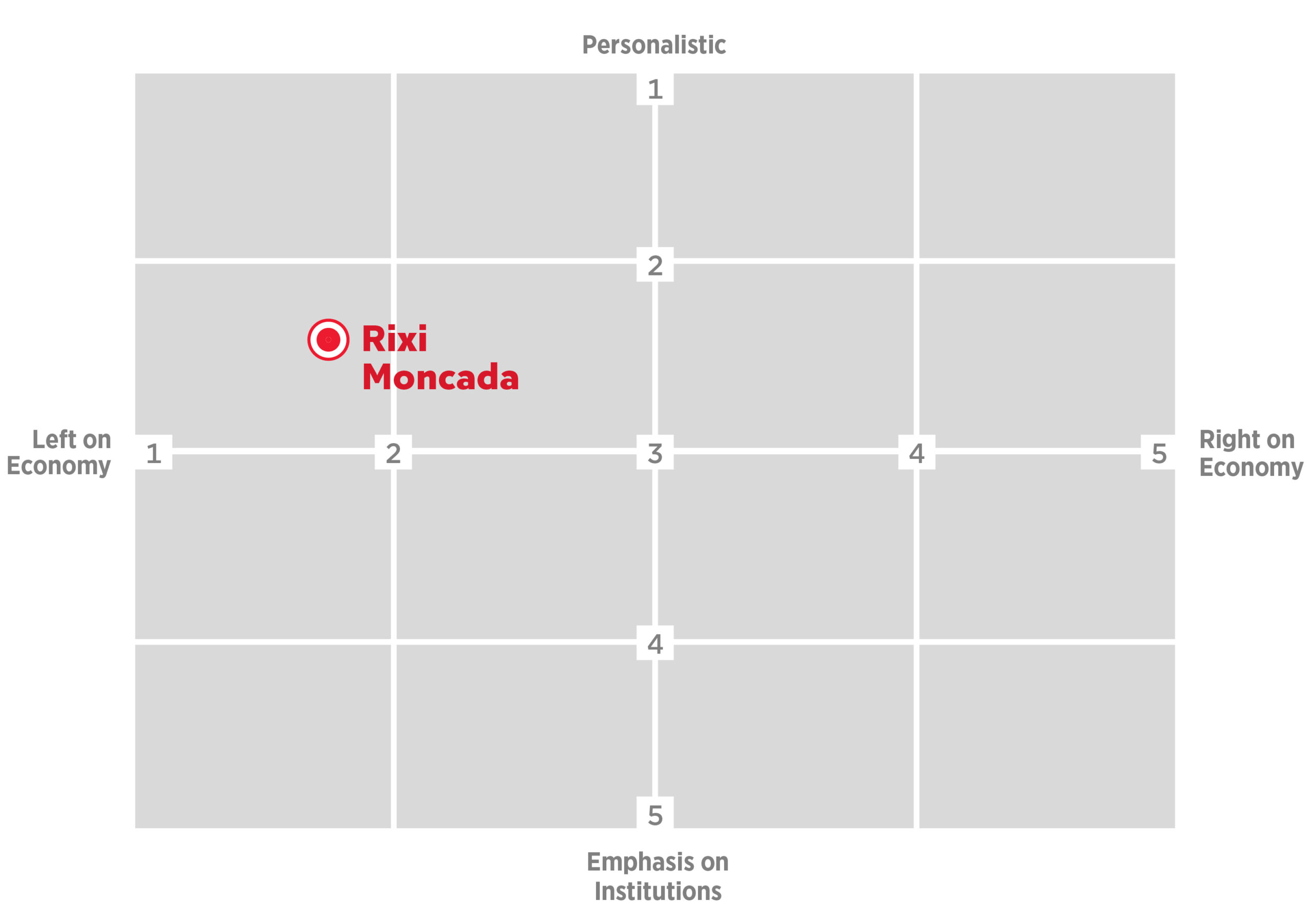

Salvador Nasralla
72, former first vice president
Partido Liberal
“The only way to change Honduras is with clean hands.”
HOW HE GOT HERE
Nasralla is a television personality and a politician running for president for the fourth time. He is the founder of both the Partido Anticorrupción (PAC) and Partido Salvador de Honduras (PSH), but is now the official candidate of the Partido Liberal de Honduras. In the last election, Nasralla abandoned his presidential bid to form an alliance—known as the Alianza de Oposición—against the Partido Nacional, which was then engulfed in scandals tied to former President Juan Orlando Hernández. That partnership later fractured, but he was still appointed as first vice president during the Castro government in 2022, resigning in 2024 to run for office.
WHY HE MIGHT WIN
Nasralla is charismatic and widely recognized, thanks to his long media career and past presidential bids (in 2021, 2017, and 2013). He could channel citizens’ frustration into a protest vote against the status quo. Nasralla’s campaign focuses on anti-corruption efforts, which resonate strongly in a country weary of corruption scandals. Despite many years in politics, he still sells himself as an outsider, which could help him attract independents and citizens disillusioned with the current administration. A September CID Gallup poll has Nasralla leading Moncada by one percentage point.
WHY HE MIGHT LOSE
He doesn’t have consolidated power within the Partido Liberal, leaving him dependent on internal negotiations and vulnerable to party fractures. Some Hondurans have become weary of his shifting alliances, and many voters are starting to see Nasralla less as a fresh alternative and more as a traditional politician. His challenge is to convert sympathy into votes.
WHO SUPPORTS HIM
Nasralla’s media career has bolstered his visibility, and his public endorsements of Nayib Bukele, Javier Milei, and Donald Trump resonate with right-wing voters aligned with these political leaders. He has also garnered support from conservative voters, particularly those affiliated with the Evangelical Church. His outsider narrative continues to appeal to independents and others disenchanted with the traditional political elite.
WHAT HE WOULD DO
Nasralla says he will create more jobs, particularly by implementing fiscal policies that stimulate investment. In his “100 Proposals to Transform Honduras,” he also mentions decentralizing the government, promoting tourism, and creating infrastructure projects such as road initiatives and a train connecting San Pedro Sula and Tegucigalpa. He would also adopt a Bukele-style security model, and his core mandate remains combating corruption through improved transparency.
IDEOLOGY
